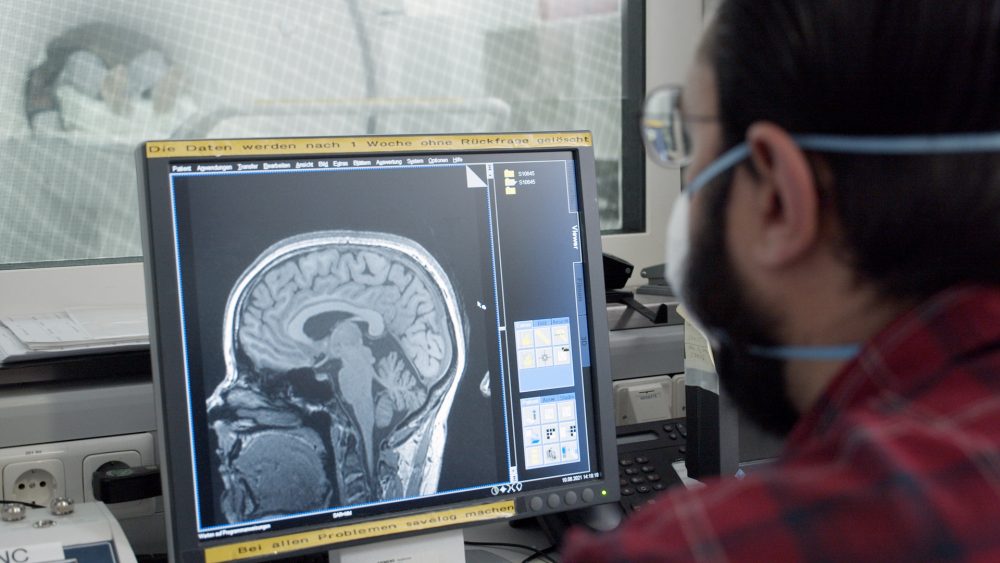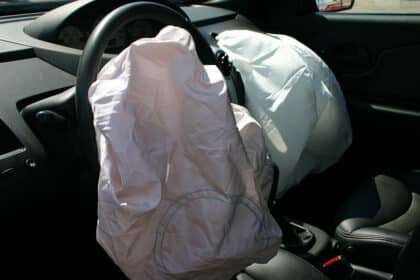 Photo: Ford
Photo: Ford
It was only a matter of time before Ford tried to get into your brain. The automaker is working with neuroscientists to figure out better means to detect when drivers are tuning out or drifting off behind the wheel. What’s next, Ford? Microchips that you inject into our brains? Where does it end?
Ford’s Got Big Plans: The all-new 2022 Ford F-150 Lightning looks to change the game next spring
Ford is partnering with Uniklinik RWTH Aachen, located in Germany, to conduct research on brain patterns relative to driver reaction times. By taking MRIs of volunteers, Ford and Uniklinik RWTH Aachen hope to figure out ways to help drivers be safer and more prepared behind the wheel.
Uniklinik RWTH Aachen’s head of psychoneurobiology and lead consultant in psychosomatic medicine, Dr. Klaus Mathiak, says that this data will allow for “unique physiological driver fingerprints” that could help smart Ford vehicles intervene.
“The brain processes huge amounts of information when we are driving, but that may change as driver assistance technologies do some of the driving for us,” said Ford of Europe research engineer for research and advanced engineering, Stefan Wolter. “Drivers also get tired and their minds can wander. Identifying more quickly when this happens could be of critical importance.”
The hope is that the research will allow future driver-assist technologies to get involved when a driver is exhibiting signs of fatigue or lack of concentration. Signs could include changes in heart rate or breathing patterns. This would allow Ford to improve its driver attention monitoring technology and might even potentially lead to advances relative to BlueCruise hands-free driving. Beats having to wear a trucker hat, I guess.
Today, Ford is using neuroscience. Then what? Acknowledging the threat of climate change? The mind reels. Literally, because Ford and neuroscience.
Kyle S. Johnson lives in Cincinnati, a city known by many as “the Cincinnati of Southwest Ohio.” He enjoys professional wrestling, Halloween, and also other things. He has been writing for a while, and he plans to continue to write well into the future. See more articles by Kyle.









